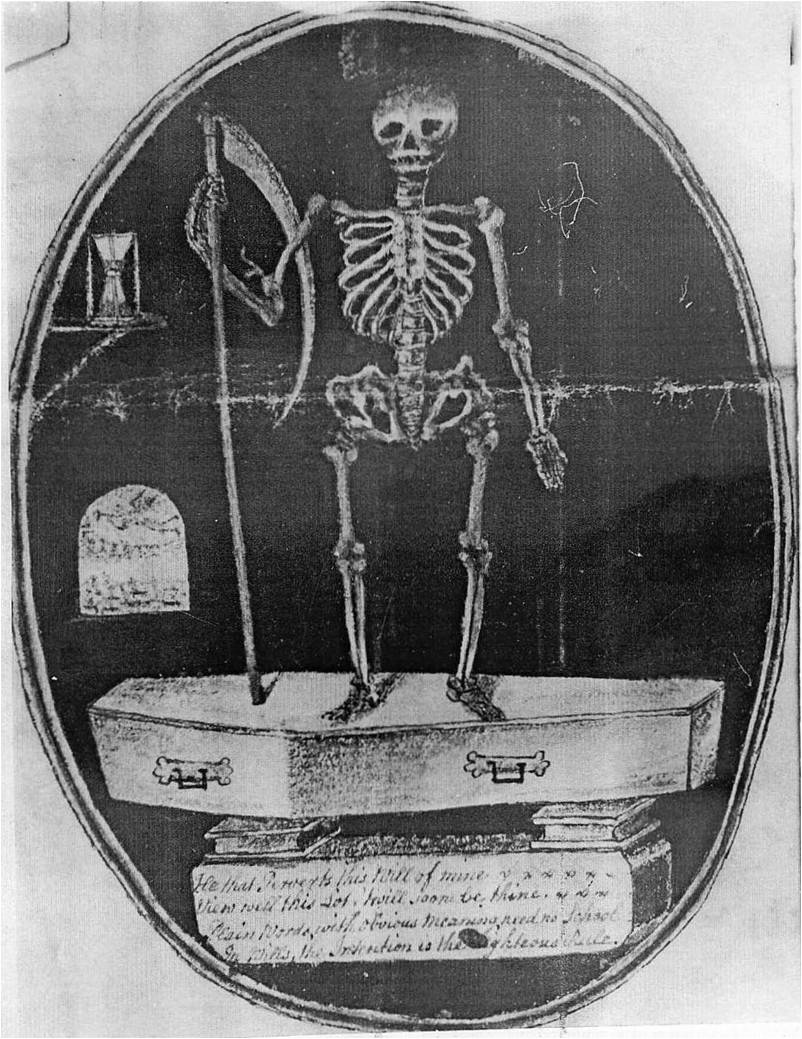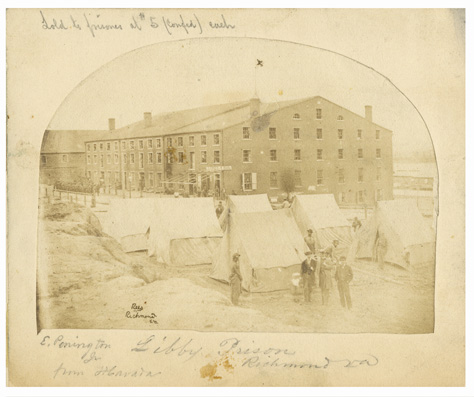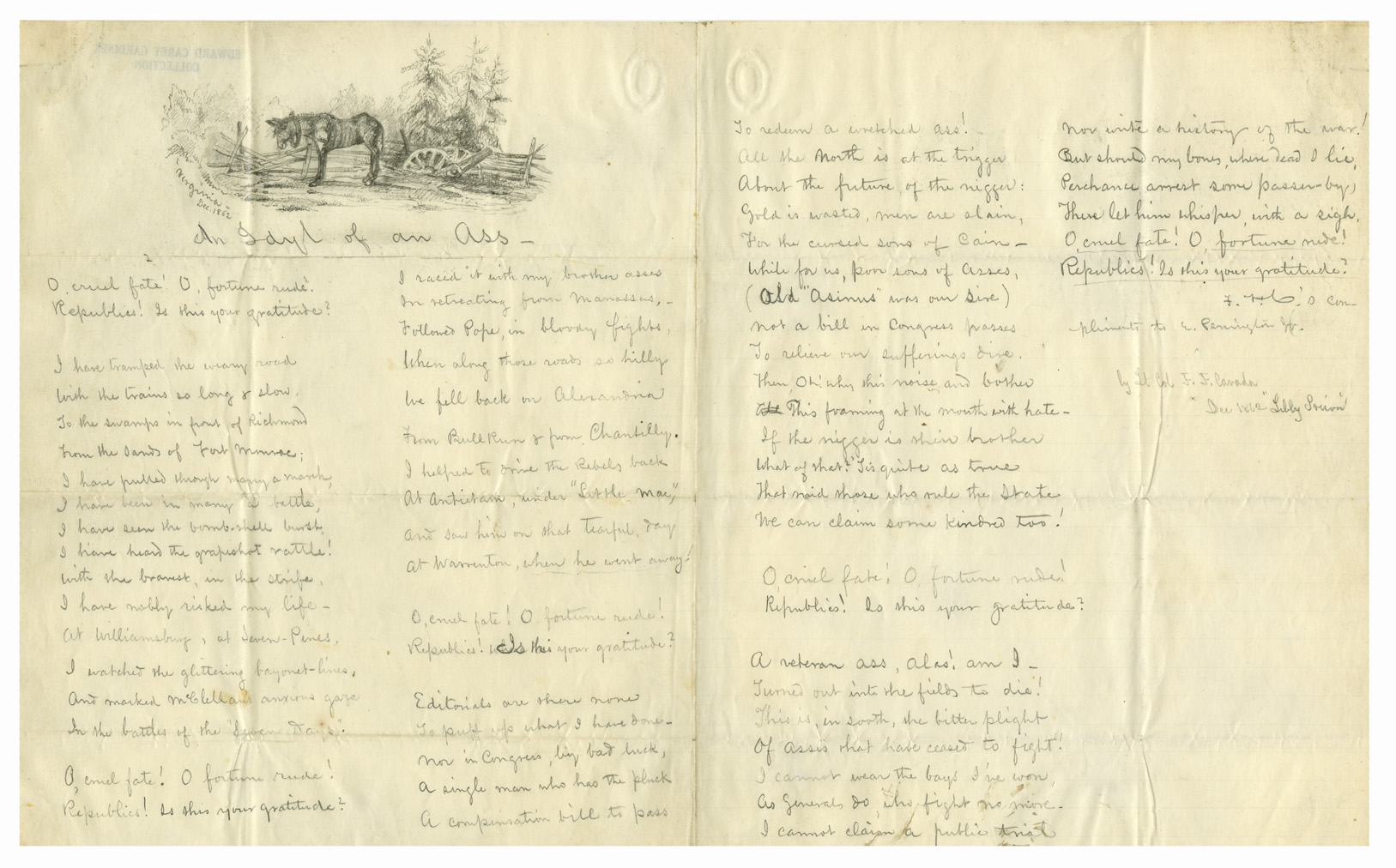Most everyone is familiar with the lyrics, from the famous song,
'As Time Goes By,' as sung in the movie,
Casablanca, which states how, "
A Kiss is just a Kiss..." An article in a recent
Metro News, for October 15-17, 2010, remarked how "a kiss from the one you love may be exactly what the doctor ordered." That is of course, normally the case.
The
Philadelphia Inquirer, for February 18th, 2009, published an article entitled, "The state of the kiss, 2009: Scientifically, historically, emotionally, a smooch says a lot." Actually, so much so, that "A Kiss" at times, "is
NOT just a Kiss," contrary to
Casablanca song fame. In fact, on many occasions, such examples of affection have proven to be quite deadly perilous in nature, as revealed by the following examples.
A Mr. Birsey, an early inhabitant of Stratford, Fairfield County, Connecticut, during the 17th-century, became a victim of the 'Blue Laws' of that colony, which were strictly enforced, one being that "
no man should kiss his wife on Sunday." Living in the community of Milford at the time, Birsey, ignored the edict, but upon the following day, was "sentenced to a number of lashes." However, he escaped the town's authorities, swam across the river and once he stood on the opposite bank at Stratford, he "shook his fists in his pursurers faces."
A famous story is told relative to the French General, the Marquis de la Fayette of Revolutionary fame, who after the 'Battle of Brandywine' in Pennsylvania, was taken to the home of a Dr. Stephens, who resided near Valley Forge, in what is now Chester County. The physician's daughter, Elizabeth, while cleaning her father's upstair's office, encountered Lafayette and one of his young 'aide-de-camps.' The aide, wasting no time in his estimation, quickly "seized the girl and kissed her," after which Lafayette, promptly "turned quickly about and unceremoniously kicked the young gentleman down the steps and out of the house, telling him at the same time that such conduct was not admissable."
Robert Archibald, a young man residing in Philadelphia was arrested in November of 1838, for having "hugged the ladies in the market and attempted to kiss them" as well. The court's decision was that "a man has no right to kiss any lady against her will, excepting his wife, and her he may kiss whether she will or not." Robert's lack of sobriety of course during his 'hugging' and 'kissing' bouts, helped to place him in the Moyamensing Prison for thirty days, until he 'sobered-up.'
'Kissing' could prove to be quite painful at times as well. In October of 1857, a Lexington, Kentucky newspaper article entitled, "Neck Broken in Kissing," related how Catharine Burt was brought to the police station with a "fractured neck," resulting from "a struggle arising from a young man having attempted to kiss her..." No "extra violence" caused the neck injury, but nevertheless, "a partial dislocation of one of the vertebrae of the neck," caused the young woman to have difficulties in swallowing as well as respiration, causing her to lie "in a dangerous state."
Two years later, a Mr. Winder, described as a "young and very handsome public school teacher," from Philadelphia, was driven out of Accomac County, Virginia in August of 1859, "on account of his fondness for kissing his girl pupils." Large or small, it mattered little to the instructor, who is described as chasing the girls, "during school hours...all over the campus." He would "take the girls, when caught, in his arms, and laying their heads on his shoulder passionately kiss them." The young ladies naturally informed their parents who soon dismissed the man from his position of 'education.'
The
Philadelphia (PA) Public Ledger, for April 26, 1836, printed an article entitled,
"Price of a Smack," relating how a Mr. Mills, of Sandy Hill, New York, was charged and placed on trial for "forcibly taking hold of Mrs. Brayton with the intent to kiss her!" The trial was lengthy, with five jurors in favor of acquittal, and seven desirous to convict the man. Mills finally confessed his guilt, threw himself "upon the mercy of the court; and was fined TWO WHOLE DOLLARS! Thus the price of kissing a lady is legally fixed at
two dollars..." The article concluded that since Mrs. Brayton was a "pretty lady," there was no doubt "that the prisoner, if he did kiss her, could well be satisfied with the price fixed by the court, and pay the same cheerfully."
Squire Ben Eggleston of Cincinnati, Ohio in December of 1862, though described as "a venerable gentleman, whose hairs are silvered with the frosts of sixty-five winters," was arraigned in court, in South Covington, Kentucky, "on the charge of kissing Miss Lavina Fenton," contrary to her wishes, described as "a young and beautiful female." The Squire got off cheaply, since he was only fined, "one dollar and costs for the offence."
Kissing one's wife is no guarantee of 'marital bliss,' as was revealed by an account published in the nation's newspapers, during August of 1913, concerning two Philadelphians, Thomas Keen and his wife Etta. The
Philadelphia Record related that, "Because his wife refused to kiss him good-bye," he then "shot his wife...in front of her home," but the bullet did not kill her since it was
"deflected by her corset." Her husband then swallowed poison, was placed in jail, but later became "violently ill and lapsed into unconsciousness" and died.
In 1861, another woman, age forty, working for a farmer, "aged seventy-five years," residing at Sutton, in Lancashire County, England, received 75 pounds of English currency "for damages sustained in resisting a kiss," which her employer insisted on giving her one evening. During the struggle his female employee "fell over a chair and severely injured her spine." Fast-forward to modern times when in 2008, in the Chinese City of Zhuhai, in southern Guangdong province, a young woman became partially deaf after her boyfriend gave her a passionate kiss, resulting in a ruptured ear drum. The doctors remarked how, "While kissing is normally very safe," they warned that "people should proceed with caution."
An Associated Press article for July of 2001, related a tragic event, when a young Egyptian man, Saber Ahmed Darwish, while on a date with his girl friend, asked her for a kiss, but was refused since he had not proposed to her, though he was only 16 years of age. Darwish, downtrodden after his rejection, "threw himself in the Nile and drowned," leaving as one can imagine, his girlfriend in shock.
A 15-year old girl with an allergic reaction to peanuts, died after her boyfriend kissed her, having just eaten a "peanut butter snack." Christina Desforges died in a Quebec hospital in November of 2005, since doctors were unable to treat her "allergic reaction to the kiss the previous weekend."
Near Tacoma, Washington, in Walla Walla county, in January of 1901, Frank Sloan, "in fun kissed Miss Ella Boone, whom he had blindfolded." Not caring for his advances, the young lady took "a hat pin from her hat," and promptly "stabbed him in the leg." Regrettably, the pin broke and blood poisoning occurred. Though Sloan went to the hospital for an X-ray the following day, because of the intense pain, he soon grew physically worse and actually died. According to the article, published in the
Philadelphia (PA) Public Ledger, Miss Boone had mentioned in the presence of Sloan how 'she'd never been kissed.' But this "innocent remark led to Sloan's death."
Thus one can see that a so-called 'simple kiss,' can be much more complex, dangerous, and expensive, but also humorous as well at times. The
Lebanon (PA) Daily News, for August 30, 1881 lamented the fact that "a man kissed a woman up in Wisconsin. She had half the fun and did not do any work and yet she wanted pay for it. The jury gave her $600."
The above article goes on to remark how, "There are hundreds of girls in Arkansas
with mouths nine inches long, and you can commence at one end and kiss clear around to the other; and then you can go back over the trail and kiss, and kiss, and kiss, and kiss till your lips blister and you have extracted sweetness enough to make a barrel of molasses and she won't charge you a cent for it! But then Arkansas is nine hundred years ahead of the rest of the world."
What more can be said!
 Learn about HSP's resident ghost, Albert, and the spirits in historic garb that have been spotted wandering the stacks of our 100-year-old building. Then come into the vaults yourself for a special tour of these haunted spots...if you dare! $5 for members, $10 for nonmembers. Space is limited.
Learn about HSP's resident ghost, Albert, and the spirits in historic garb that have been spotted wandering the stacks of our 100-year-old building. Then come into the vaults yourself for a special tour of these haunted spots...if you dare! $5 for members, $10 for nonmembers. Space is limited.

